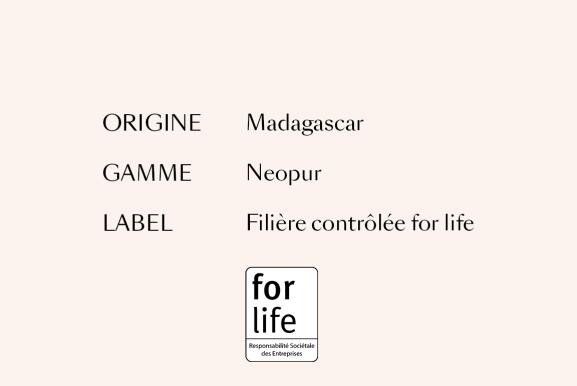
WILD GINGER
Detoxifying wild ginger extract
Wild ginger (Zingiber zerumbet) is a tropical plant native to India. It has spread mainly to Madagascar, East Asia and Polynesia.
This plant grows a magnificent red flower filled with a thick foaming juice. It appears when squeezed, hence its common name: " ginger shampoo ."

Wild ginger is known for its medicinal benefits and hair beautifying properties. The juice of its flowers is traditionally used, in Polynesia and the Caribbean, to wash children’s hair.

Our wild ginger extract is rich in zerumbone. It is a compound with particularly active detoxifying properties. It protects the skin cells, and therefore the scalp, from agents destructive to the dermis.
Our wild ginger supplier For Life
Our production is managed by SEAR, the Madagascan subsidiary of the Pierre Fabre Group. It is responsible for implementing societal, responsible and ethical measures on the harvesting sites.
Sustainable reforestation
Through this measure first implemented in Madagascar in 2014, the Group reinforces its commitment to fighting global warming. In particular, it demonstrates its desire to help reduce greenhouse gas emissions generated by its activities and by the travel of its employees.
The project is scaled so that, over time, the trees planted will be able to absorb the residual carbon emitted by these activities. This has been estimated at 20,000 trees per year.
Since 2014, 160,000 trees have been planted in Madagascar on almost 200 acres of land owned by SEAR. By owning the land for these plantations, we can ensure that this action is long term. We also strive to plant local species or species that adapt well to the climatic conditions of the site.
This sustainable reforestation is carried out with and for the local populations. It allows them to understand of the importance of biodiversity and also to fight against the mass deforestation that affects their island.

This agroforestry measure supports 69 full-time annual jobs: 4 small local tree farms have been created. These companies supply, for example, seedlings or fertilizers. In addition, around 20 seasonal staff members work directly on the planting of the trees each year.
This sustainable reforestation is aptly named: it has a major economic and social impact on the region. It also enables the conservation of endemic or locally unknown species (mango, tamarind, baobab, orange, etc.). Planted species can also create value for the future (timber, fruit harvesting, essential oil production, etc.).
In order to guarantee that the project is in line with the needs of the region's inhabitants, the independent organization ECOCERT regularly monitors the reforestation according to the requirements of the Sustainable Reforestation standard.
Raising awareness of the importance of biodiversity
We have proposed to Madagascar’s Ministry of Environment, Ecology and Forestry to transform part of our private domain into a voluntary private protected area, with the aim of preserving the local biodiversity.
This area is 341 acres large. It is located in an ecological transition zone between the humid forest of the east coast and the dry forest of the south. It is home to many common and endemic plant and animal species. It is thus one of the first private voluntary protected areas in Madagascar.

We tend to hear more about this UN system when it concerns coastal protected areas for example. It must meet strict specifications. We train people on what they can and cannot do on this site:
- installation of road signs
- awareness of the riverside communities
- environmental education in schools.
For example, deforestation is obviously prohibited. On the other hand, the harvest of plants, especially medicinal ones, is authorized.
The Madagascan government, by validating this protected area, recognizes the measures of our subsidiary, SEAR, to promote biodiversity. Biodiversity which we will depend on for our local economic activity.
Responsible harvest
Through the Group's CSR policy, SEAR follows a voluntary process of annual evaluation by the independent organization ECOCERT. The For Life framework for this assessment focuses on responsible purchasing in addition to social and environmental commitments. The way in which the Group's CSR policy is implemented within its Madagascan subsidiary is therefore verified.
SEAR's responsible harvest practice is the reason it meets this assessment criterion.

Support for local farmers
SEAR provides technical support to local farmers to help them develop their production.
In addition to these educational activities, it provides advice and training through a vast agricultural support program. It also provides small equipment, inputs and plants that can easily adapt to the climatic conditions of the region.
KEY FIGURES
- Q120,000 trees planted
every year by SEAR
- Q2Fighting
to prevent malnutrition

